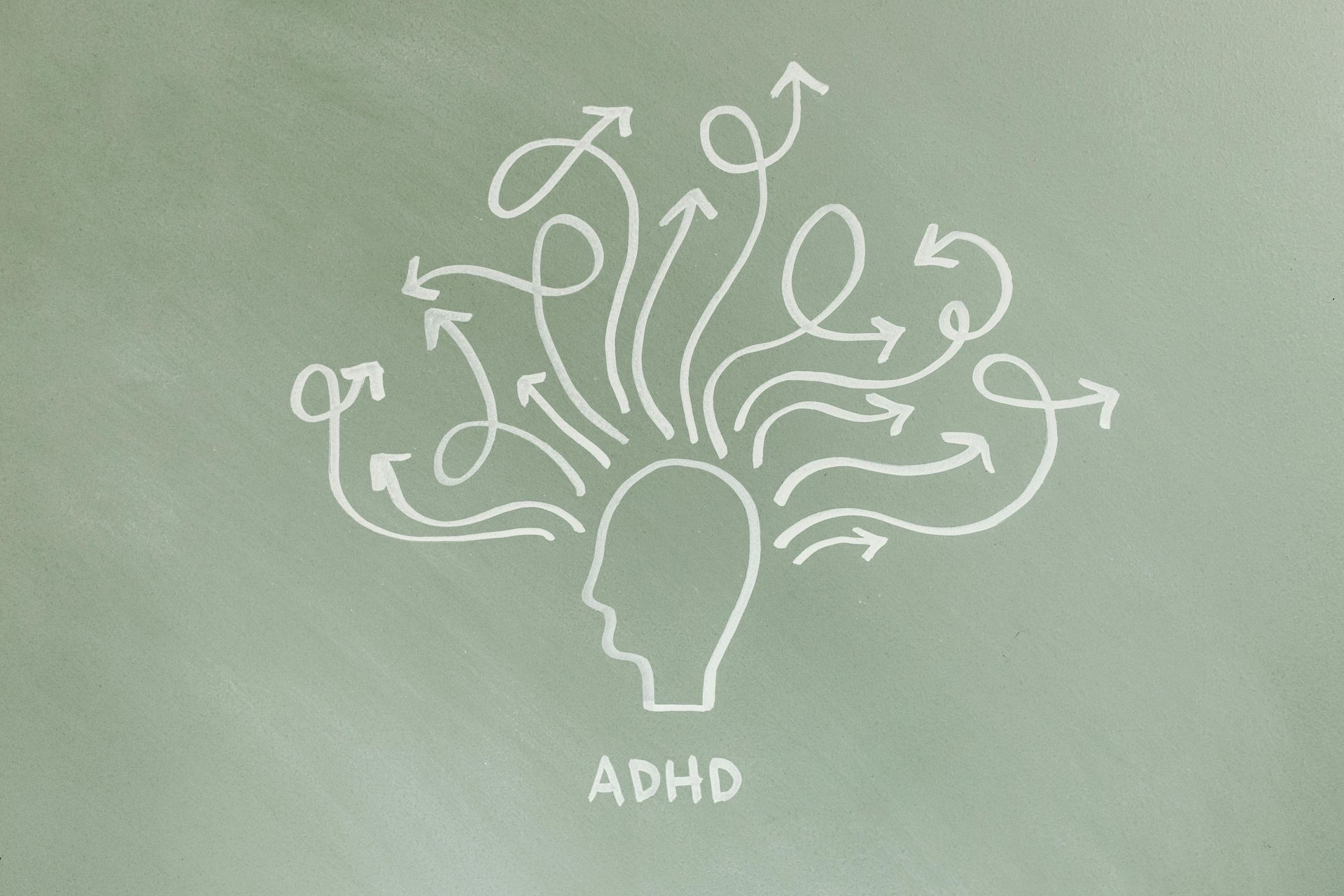How to Set Healthy Boundaries in Your Relationship: A Guide for Couples
Creating Stronger, Healthier Connections
By Masood Suliman | March 2025

Building a happy, fulfilling relationship takes work, and one of the most important things you can do is set clear, healthy boundaries. Boundaries help both partners feel respected, understood, and emotionally safe. In this article, we’ll explore what healthy boundaries look like, why they matter, and how you can set them in your own relationship.
Table of Contents
- What Are Healthy Boundaries in a Relationship?
- How Unhealthy Boundaries Can Harm Your Relationship
- Strategies for Setting and Maintaining Healthy Boundaries
- When to Consider Relationship Counselling
What Are Healthy Boundaries in a Relationship?
Healthy boundaries are like an invisible safety net in your relationship. They help each person feel valued while making sure both partners have space to be themselves. These boundaries aren’t about keeping each other out—they’re about understanding where one person ends and the other begins.
Some examples of healthy boundaries include:
- Respecting each other’s need for personal space and alone time
- Communicating openly about emotions, needs, and expectations
- Setting limits on social media and digital communication
- Making decisions together instead of one person always leading
- Being clear about financial responsibilities and commitments
Boundaries look different for every couple, but the key is mutual respect and understanding.
How Unhealthy Boundaries Can Harm Your Relationship
When boundaries are unclear or ignored, relationships can start to feel overwhelming, one-sided, or even toxic. Unhealthy boundaries might look like:
- Feeling guilty for needing time to yourself
- One partner controlling who the other can see or talk to
- Constantly feeling responsible for your partner’s emotions
- Avoiding difficult conversations to keep the peace
- Feeling like you have to change who you are to make your partner happy
Over time, a lack of boundaries can lead to resentment, emotional exhaustion, and disconnection. If you find yourself struggling with these patterns, it may be time to take a step back and re-evaluate how you and your partner communicate your needs.
Strategies for Setting and Maintaining Healthy Boundaries
Healthy boundaries don’t just happen—they take effort, practice, and a willingness to have honest conversations. Here are some ways to create and maintain strong boundaries in your relationship:
Start with Self-Reflection
Before talking to your partner, take some time to figure out what you need. What makes you feel safe and respected in a relationship? What are your deal breakers? Understanding yourself is the first step to setting clear boundaries.
Have Open and Honest Conversations
Once you know what you need, talk to your partner about it. Pick a time when you’re both calm and able to listen. Use "I" statements, like "I feel overwhelmed when I don’t have alone time," instead of blaming or accusing.
Respect Each Other’s Differences
Your partner’s boundaries might not look exactly like yours, and that’s okay! The goal is to find a balance that works for both of you. Being willing to compromise and adjust is key.
Stick to Your Boundaries
It’s one thing to set boundaries—it’s another to maintain them. If you’ve made it clear that you need space after an argument, but your partner keeps pushing for a resolution right away, remind them gently but firmly: "I really need some time to process this. Can we talk in an hour?"
Check In Regularly
Boundaries aren’t set in stone. As your relationship grows, you might need to adjust them. Set aside time to check in with each other about how things are going.
When to Consider Relationship Counselling
Sometimes, setting and maintaining boundaries can be challenging, especially if past experiences have made it difficult to communicate openly. If you and your partner find yourselves stuck in unhealthy patterns, relationship counselling can help.
A therapist can offer guidance, help you both express your needs in a healthy way, and teach strategies for building a stronger connection. If you’re looking for relationship counselling in the Ottawa area, I’d be happy to help you navigate these challenges in a supportive and non-judgmental space.
Final Thoughts
Healthy boundaries are the foundation of a strong relationship. They create space for love, trust, and connection while making sure both partners feel valued and respected. If you and your partner struggle to communicate or find balance, relationship counselling can help. I offer a supportive, judgment-free space to help couples navigate these challenges and build stronger, healthier connections.
Looking for guidance on building a healthier relationship? Let’s talk!
This article is for informational purposes only and is not a substitute for professional mental health advice or therapy.

About Masood Suliman
Masood Suliman is a registered psychotherapist in Ottawa who provides relationship counselling, trust and boundaries, and trauma therapy. He provides a compassionate and evidence-based approach to helping people strengthen their connections. Trained in Cognitive Behavioral Therapy (CBT) and Eye Movement Desensitization and Reprocessing (EMDR), Masood offers tailored support to help navigate challenges and build healthier, more fulfilling relationships. If you're ready to work on building trust and setting healthy boundaries, reach out today.

Start Your Journey Today
Book a free consultation to see if therapy is the right fit for you. Sessions are available in-person in Ottawa or online for your convenience.
All Rights Reserved | Masood Suliman
Website by: THERASOL - MarketingForTherapists.ca


